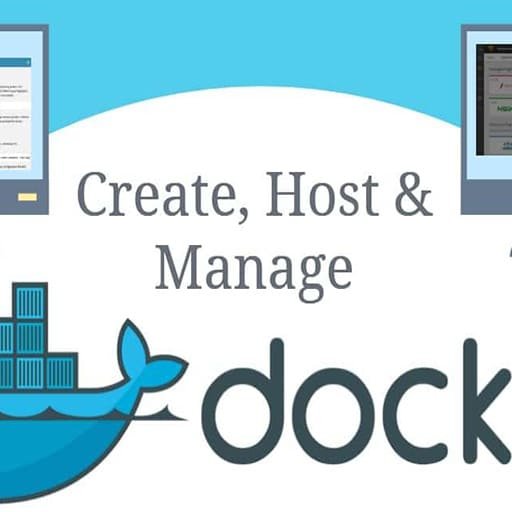
Docker networking is a feature that allows containers to communicate with each other and with external networks. It provides a way for containers to connect and share resources, making it easier to build and manage complex applications.
There are several networking options available in Docker, including bridge networks, overlay networks, and host networks. Bridge networks are the default networking option and provide isolation between containers on the same host. Overlay networks allow containers to communicate across multiple hosts, making it possible to create distributed applications. Host networks allow containers to use the host’s network stack directly, bypassing Docker’s network isolation.
In addition to these basic networking options, Docker also supports advanced networking features such as DNS-based service discovery, load balancing, and network security policies. These features make it easier to build scalable and secure applications using Docker.
Beyond container-to-container communication, Docker networking also allows containers to connect to external networks and services. This can be useful for accessing databases, web services, or other resources that are outside of the Docker environment. Docker provides a flexible and configurable networking model that can be customized to meet the needs of different applications.
Overall, Docker networking provides a powerful and flexible way to connect containers and build complex applications. It simplifies the process of managing network resources and allows containers to communicate with each other and with external networks. Whether you are building a simple web application or a distributed microservices architecture, Docker networking can help you create a scalable and reliable infrastructure.